SUMMARY
This is AI generated summarization, which may have errors. For context, always refer to the full article.
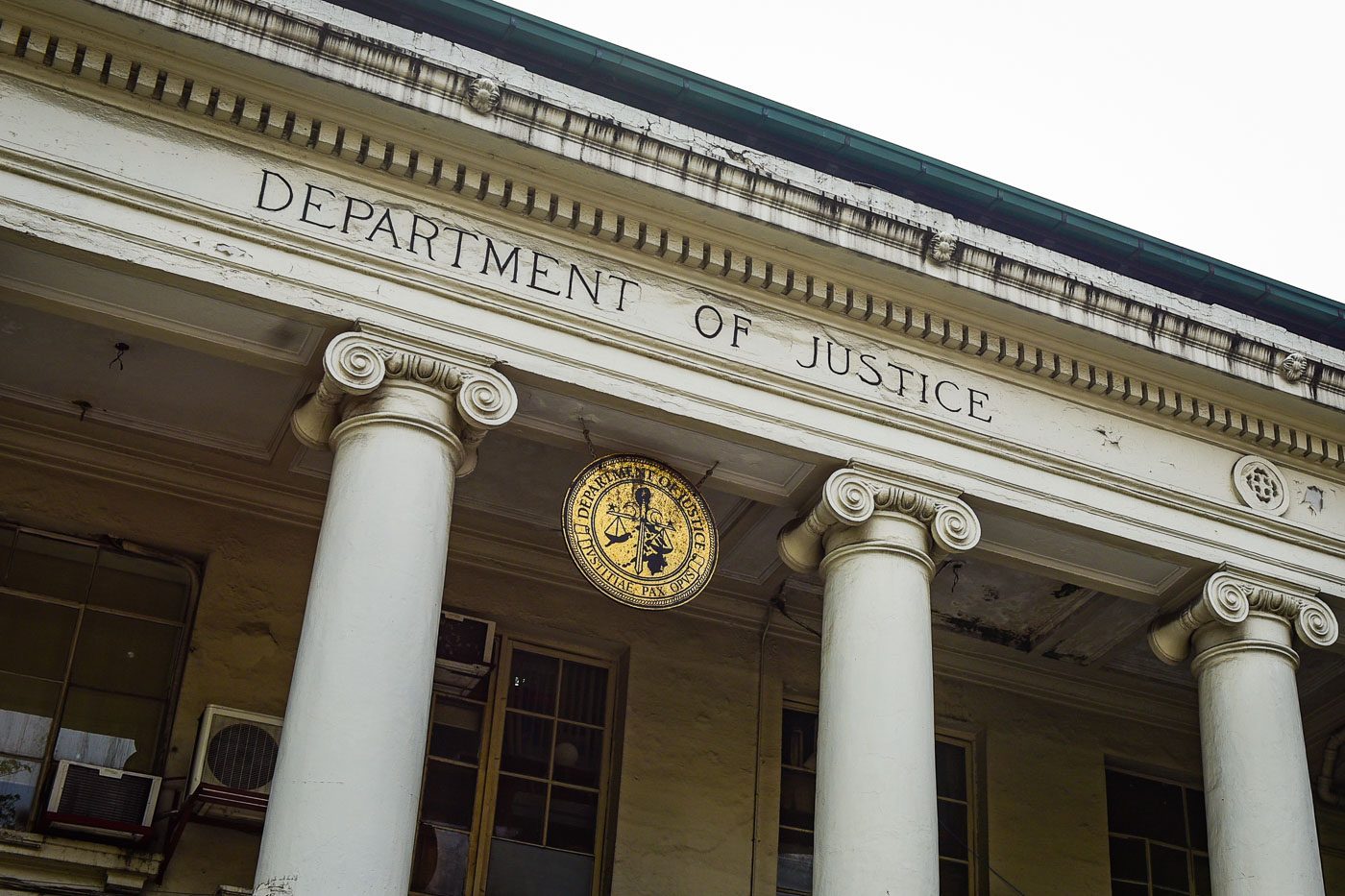
The Bangsamoro government’s control over irrigation systems has limitations and does not apply to all the National Irrigation Administration’s (NIA) properties and assets in the Bangsamoro Autonomous Region in Muslim Mindanao (BARMM), according to a recent legal opinion from the Department of Justice (DOJ).
The DOJ clarified that the BARMM’s authority is only applicable to communal irrigation systems (CIS), and therefore, only properties and assets related to CIS should be handed over to the regional government by NIA.
The legal opinion came after Deputy Executive Secretary Naealla Bainto Aguinaldo sought clarification on the transfer of NIA properties and assets to the regional government, based on the law that created the BARMM.
On October 30, 2022, the NIA received a letter from the Department of Agriculture (DA) regarding a request from then-Finance Secretary Carlos Dominguez to transfer NIA properties and assets, including the NIA office building in Cotabato City, to the regional government as identified by BARMM’s Ministry of Agriculture, Fisheries, and Agrarian Reform (MAFAR).
In response, then-NIA administrator Ricardo Visaya established a Technical Working Group (NIA-TWG) that year to collaborate with the BARMM on the possible transfer of properties and assets.
However, there has been a conflict between the NIA and the Bangsamoro government over the interpretation of Section 37, Article XIII, and Section 11, Article XVI of the Bangsamoro Organic Law (BOL).
While the NIA maintained that BARMM’s authority is limited only to communal irrigation systems, the regional government asserted that its authority is not restricted to communal systems and should also include properties like the NIA office building in Cotabato City.
Despite numerous meetings, NIA and BARMM officials have been unable to resolve their differing views, leading them to seek the DOJ’s legal position.
The DOJ noted that Republic Act 360, which established the NIA, granted it the authority to operate, maintain, and administer all national irrigation systems, including government-funded communal and pump irrigation systems. However, Section 2, Article V of the BARMM Law authorizes the regional government to exercise its power over irrigation systems in the special autonomous region.
DOJ Undersecretary Nicholas Felix Ty said, “Reconciling the two provisions, while Section 2, Article V of the BARMM Law provides that the BG (Bangsamoro government) has authority over the irrigation systems in the BAR, by the express provision of Section 37, it is the National Government (NG) that retains its authority over NIS.”
Ty added, “Nothing in the powers and functions of the MAFAR can be considered similar to the NIA’s primary mandate to construct, improve, rehabilitate, and administer irrigation systems.”
The DOJ concluded that unless there is another agency or office in the BARMM primarily responsible for irrigation development and management, the NIA’s personnel, properties, and assets cannot be transferred to the BARMM regional government. – Rappler.com
Add a comment
How does this make you feel?

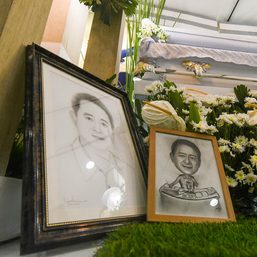








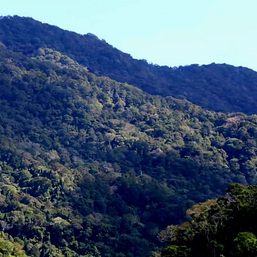

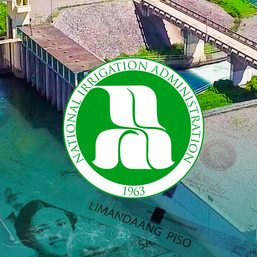
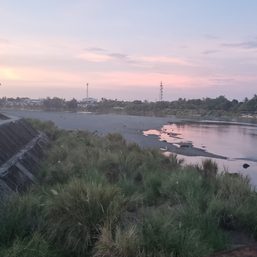
There are no comments yet. Add your comment to start the conversation.